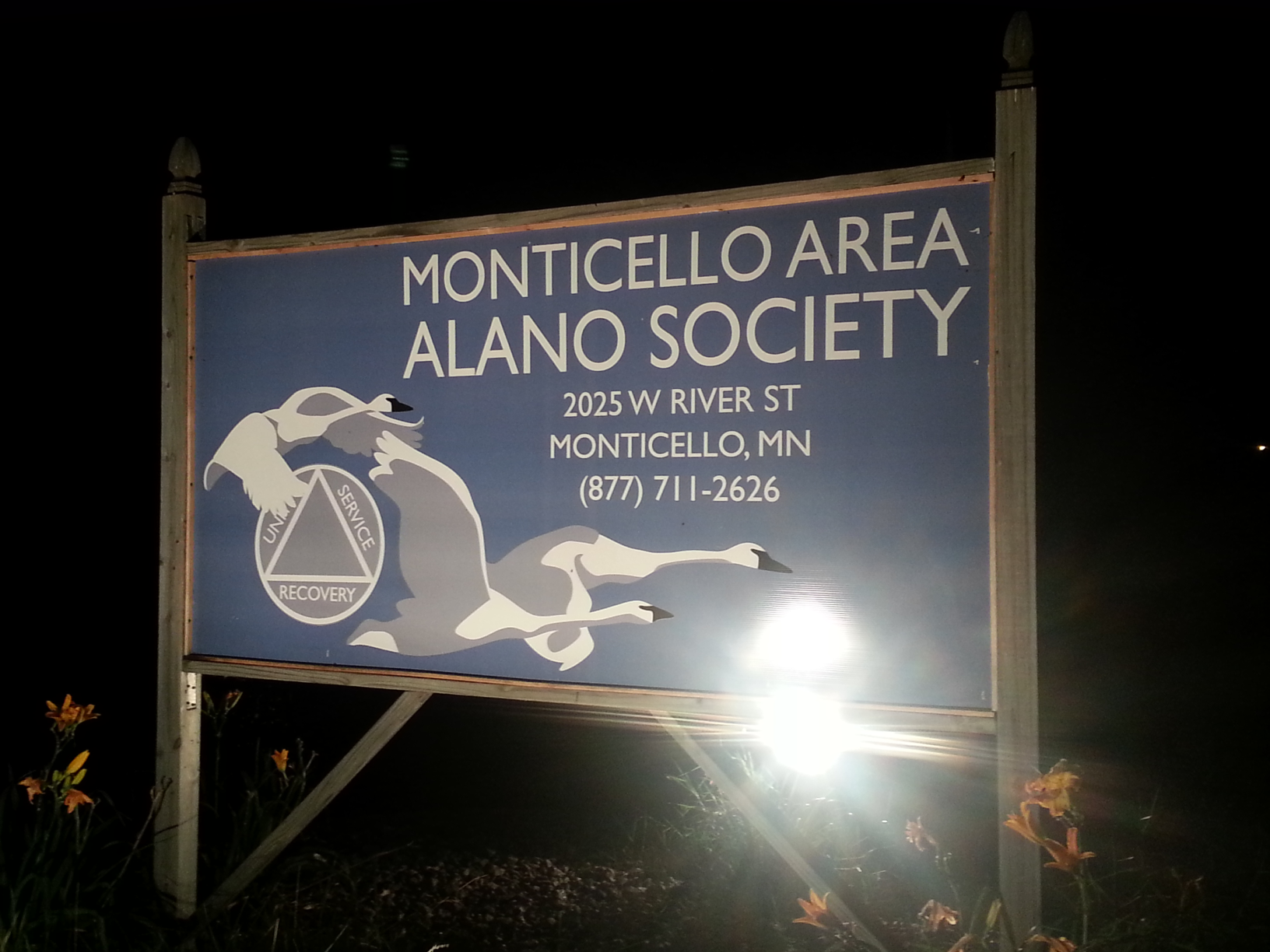Staying Sober - One Day at a Time
FAQ and General Info
How does A.A. work?
A.A. can be described as a method of treating alcoholism in which the members are supportive of each other, sharing with each other a large body of similar experiences in suffering and recovering from alcoholism.
What are A.A. groups?
The basic unit in A.A. is the local (neighborhood or city) group, which is autonomous except in matters affecting other A.A. groups or the Fellowship as a whole. No group has power over its members. Of more than 56,000 groups in the U.S. and Canada now known to A.A.’s General Service Office, about 1,000 are in treatment facilities; over 2,000 in correctional institutions. Groups are usually democratic, served by short-term “steering committees” of members. Thus, no group has permanent leadership.
What are A.A. meetings?
Each group holds regular meetings at which members relate their experiences to each other – usually in relation to “Twelve Steps,” suggested for recovery, and “Twelve Traditions,” suggested for relationships within the Fellowship and with the community. Singleness of purpose and problems other than alcohol – Alcoholism and drug addiction are often referred to as “substance abuse” or “chemical dependency.” Alcoholics and nonalcoholics are, therefore, sometimes introduced to A.A. and encouraged to attend A.A. meetings. Anyone may attend open A.A. meetings. But only those with a drinking problem may attend closed meetings or become A.A. members. People with problems other than alcoholism are eligible for A.A. membership only if they have a drinking problem.
Who are A.A. members?
People who think they have a drinking problem are welcome to attend any A.A. meeting. They become members simply by deciding they are members. A.A. members are men and women from all walks of life, from teenagers to 90-year-olds, of all races, with all manner of formal religious affiliations and with none at all.
Where can you find A.A.?
Many local A.A. service committees will, upon request, provide informational presentations for your organization. Sessions can be tailored to meet your needs. A typical agenda might include one or several A.A. films and a presentation by one or more A.A. members on “What A.A. Is and What It Is Not.” Look for “Alcoholics Anonymous” in any telephone directory. In most urban areas, a central A.A. office can answer your questions or put you in touch with A.A. members. If A.A. is not in your local directory, write the General Service Office, Box 459, Grand Central Station, New York, NY 10163.
What is A.A.’s General Service Office?
This office serves as a world clearinghouse of A.A. information, and publishes A.A. literature. It is under the direction of the General Service Board of A.A., composed of both recovered alcoholics and non-alcoholics. Neither the office nor the board has “authority” over A.A. members or groups. Both are responsible to the groups, and report annually to General Service Conference, including delegates selected by A.A. groups in the United States and Canada.
What can you expect from A.A.?
1. A.A. members help any alcoholic who demonstrates an interest in staying sober.
2. A.A. members may call on the alcoholic who wishes help – although they may feel it is best for the alcoholic to request such help first.
3. They may help arrange hospitalization. Local A.A. offices often know where hospital treatment of alcoholism is available, though A.A. is not affiliated with any type of treatment facility.
4. A.A. members are glad to share their experience with anyone who in interested, either in conversation or at formal gatherings.
What Does A.A. NOT Do?
A.A. does not: Furnish initial motivation for alcoholics to recover; solicit members; engage in or sponsor research; keep attendance records or case histories; join “councils” of social agencies; follow up or try to control its members; make medical or psychological diagnoses or prognoses; provide drying-out or nursing services, hospitalization, drugs, or any medical or psychiatric treatment; offer religious services; engage in education about alcohol; provide housing, food, clothing jobs, money or any other welfare or social services; provide domestic or vocational counseling; accept any money for its services or any contributions from non-A.A. sources; provide letters of reference to parole boards, lawyers, court officials, social agencies, employers, etc.
